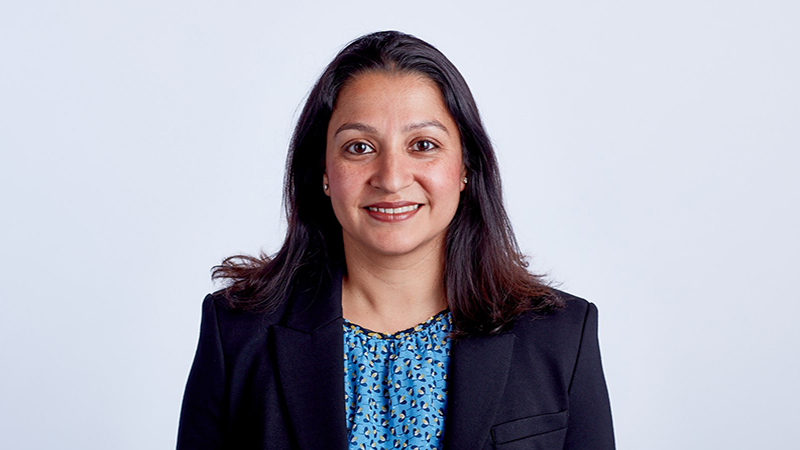By Meera Hearnden, investment director at Parmenion
The investment industry has gone through many changes over the past two decades. Regulation in particular has driven businesses to adapt and change their processes, but that is just one cog in the wheel. There are many others, the key one being fund research.
The way we look at funds and carry out research has evolved significantly, and it is something that often gets overlooked despite playing an important role in the process for investors.
When it comes to building portfolios, there might be emphasis on asset allocation or portfolio construction, but it is the underlying funds that form the backbone of any multi-asset portfolios. It is these funds that deliver the returns to investors, and without a detailed research process, we can’t have confidence in the delivery of those returns.
Simplicity is not always best
Fund research was fairly basic in the past. There was a time when I recall trawling through fund factsheets to try and sum up a fund simplify from its top ten holdings and its sector and country positioning alone. Looking back, this was a naïve approach, but the tools available were scarce and we had to make the best of the situation.
As the pitfalls of a basic approach became more obvious, demands to meet with fund managers and form stronger relationships with sales teams grew. More data and tools then became available, but there was still not much sophistication in this analysis.
It often focused on past performance, which was clearly no guide to the future. Information on investment processes was built into reports, but it lacked the detail investors have come to expect.
The devil is in the detail
We have a wealth of information at our disposal today and the demand for better quality research from investors and fund researchers continues to grow.
We want detail on every aspect of a fund. Learning about the person in charge of a fund is no longer enough – investors want to know about the teams that support the fund, those that contribute towards the stock ideas, the people responsible for risk and importantly, their willingness to challenge their own fund managers.
Investors want to know about performance and why a fund has performed in a particular way. An overweight here or underweight there is not enough – we want specifics. It is this detail that helps us understand the type of fund it is before we consider it for our own portfolios.
It would be remiss not to mention ESG. Few people knew or understood the term 20 years ago. The mandate of a portfolio will dictate how detailed a fund analyst needs to be, but as a rule of thumb, knowing how ESG is integrated into a fund is just the basics. Investors always need to delve deeper.
Evolve with the times
There is no perfect method when it comes to fund research. Different investors will have their own processes, but being willing to adapt to change is important.
Understanding the intricacies of a fund means that when some go through a tough patch, it is not a signal to sell, but an opportunity to understand the reasons why. Ultimately, investors can only get the best outcomes by having a disciplined process that evolves with the ever-changing world.







